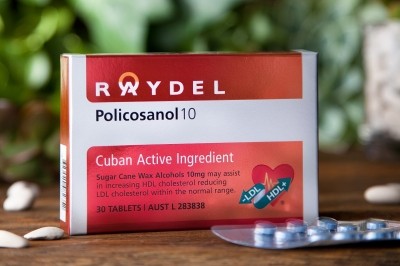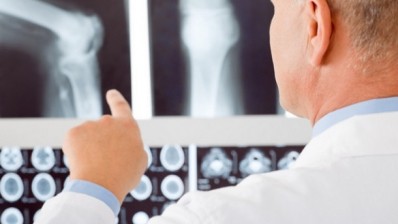'Intervene in the community': Supplements boost nutrition in elderly and help maintain independence, Korea trial reports

Researchers said suboptimal nutrition is more common in the elderly age group, leading to a number of potential health risks.
There is also an age-related decline in the level of insulin-like growth factor (IGF)-1, a sensitive marker reflecting changes in nutritional status.
Conversely, there is an age-related increase in pro-inflammatory cytokine levels.
“Therefore, it is important to establish whether diet supplementation is an effective strategy for improving the outcomes of elderly people at risk of a chronic subclinical inflammatory state resulting from undernutrition,” they wrote in the Journal of Human Nutrition and Dietetics.
“We explored the improvement in nutritional status, especially in the level of insulin-like growth factor-1 (IGF-1) and its relationship with changes in circulating cytokine levels, after providing extra protein and energy content to community-dwelling older adults at risk of undernutrition.”
Sixty non-diabetic subjects, aged over 65 years and living independently in a community for elderly people were recruited.
The subjects were followed for a two-week pre-intervention period, during which they maintained routine dietary habits.
This was followed by an intervention period, during which they received oral nutritional supplementation for two weeks.
The subjects received, twice-daily, a 200 mL carton of an orally consumed liquid nutritional supplement.
The two cartons combined contained a total of 16g of protein, 12 g of fat and 60 g of carbohydrate and provide 1.67 MJ (400 kcal).
Each individual carton also contained 2g of fibre, 150μg of retinol equivalents of vitamin A, 0.24 mg of vitamin B1, 0.3 mg of vitamin B2, 0.3mg of vitamin B6, 20mg of vitamin C, 2mg of α-tocopherol, 15μg of vitamin K, 3.2mg of niacin equivalents of niacin, 80μg of dietary folate equivalents of folic acid, 1mg of pantothenic acid, 1μg of biotin, 140mg of calcium, 140mg of phophorous, 0.16 g of sodium, 0.26g of iron, 44mg of magnesium, 2mg of iron, 2 mg of zinc, 160μg of copper and 0.7mg of manganese.
One supplement was consumed as a morning snack and the other between lunch and dinner.
Benefical BMI
Following the two-week intervention, nutritional status had improved, especially in relation to protein levels. Beneficial BMI increases were recorded and decreased circulating cytokine levels had been observed.
“The present data demonstrated that oral intake of nutritional supplements by community-dwelling elderly subjects at risk of undernutrition resulted in significant changes in levels of inflammatory cytokines and growth factor pathway members.
“In effect, we found a reduction in the levels of catabolic cytokines, including IL-6 and TNF-α, and an increase in levels of the anabolic growth factor IGF-1, with consequent increases in IGF-1/IL-6 and IGF-1/TNF-α ratios. Thus, these results demonstrate a transition from catabolic to anabolic conditions,” stated the research team from Yonsei University.
They added the results showed a need to reinforce nutrition interventions in pre-frail and community-dwelling frail older adults, rather than wait for patients to be institutionalised as a result of increased dependency.
Source: Journal of Human Nutrition and Dietetics
DOI: 10.1111/jhn.12447
“Supplementation with nutrients modulating insulin-like growth factor-1 negatively correlated with changes in the levels of pro-inflammatory cytokines in community-dwelling elderly people at risk of undernutrition”.
Authors: M. Kim, et al.



















